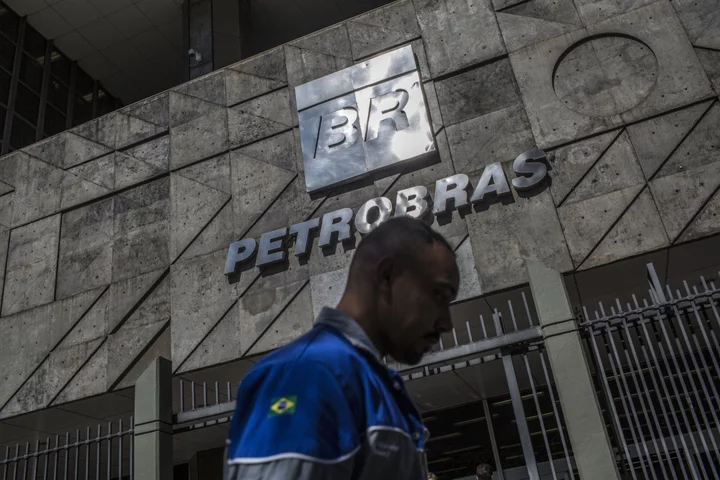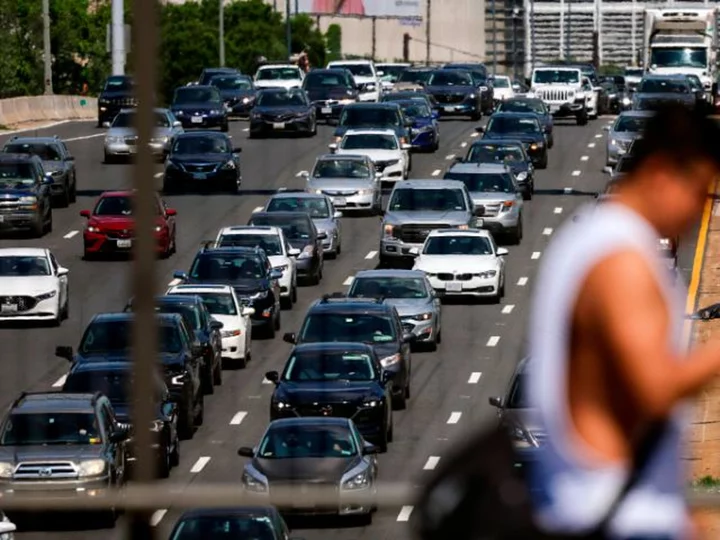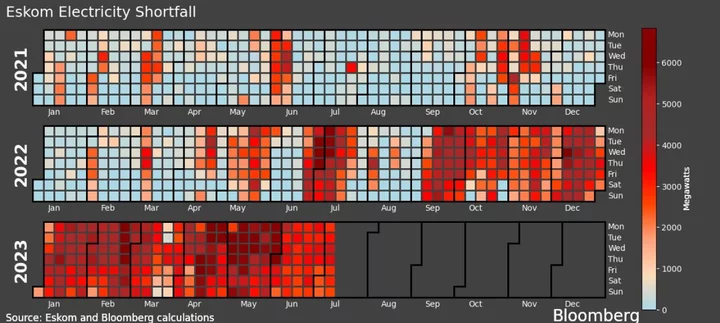Barbie has already pulled in over a billion dollars. That still may not be enough to save AMC Theaters, which has a looming bill it may not be able to pay back.
The world's largest theater chain said Tuesday that sales increased 15% during the quarter ending on June 30, and the company was profitable again. AMC also saw its highest quarterly attendance since 2019.
The quarter did not include revenue from "Barbie" and "Oppenheimer" July releases, which AMC said lifted the company to its best month in its 103-year history. "Barbie" and "Oppenheimer," respectively, have given the troubled film industry a big shot in the arm, kindling hopes that consumers may have fallen back in love with the big screen three years after the pandemic forced movie theaters to close.
Still, the financial toll of the pandemic has been immense, and is still weighing down AMC and other movie theater chains. AMC, Cineworld and other theater chains are just beginning to recover from the impact of the pandemic. (Cineworld recently emerged from bankruptcy.)
AMC took on a significant amount of debt to stay afloat during the pandemic when theaters closed and customers were at home watching Netflix. The company still owes more than $4 billion.
"There are real and potentially severe liquidity hurdles on the horizon that we will need to overcome," AMC CEO Adam Aron said in a statement Tuesday.
AMC faces intense competition from streaming services, too. Hollywood is shifting more movies to platforms like Disney+, Netflix, Paramount+, Comcast-owned Peacock and Max, which, like CNN, is part of Warner Bros. Discovery.
Big budget films like DC's "The Flash" and Disney's "Indiana Jones and the Dial of Destiny" have also underperformed this summer.
An ongoing strike by Hollywood actors and writers over pay and working conditions has also temporarily stopped production on most films. There's still a pipeline of movies that have already been filmed and are in post-production, so they'll be ready to go for the upcoming holiday season. But that can't last forever.
And a potential deal with Hollywood studios is nowhere in sight.
"The overhang is that Hollywood labor strikes are threatening to derail the upcoming release slate. The longer it goes on, the bigger the release slate hole," said Alicia Reese, an analyst at Wedbush Securities.
Movie theaters are most at risk if the strikes drag on, according to Moody's.
"Movie theaters have low credit ratings and less financial flexibility as compared to most studio and TV network owners, which makes them more vulnerable to a long strike," the credit rating agency said in a report.









